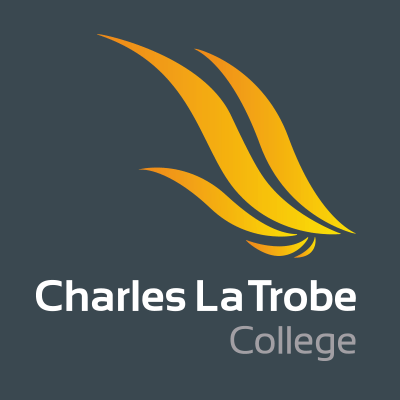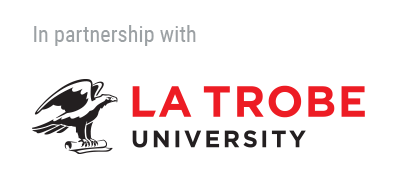Literacy
Charles La Trobe College is a Science of Language and Reading (SOLAR) School
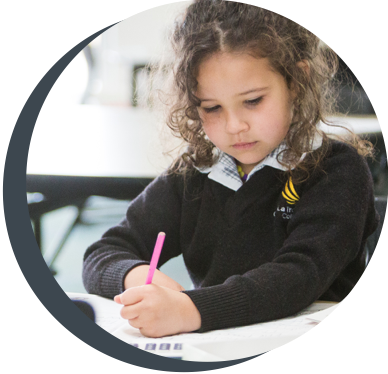 Making sure every child has the best possible start
Making sure every child has the best possible start
We know that without a solid foundation in speaking, listening, reading and writing students struggle through school. In Australia too many young people finish primary school and move to high school without the level of literacy skills needed to be successful. At Charles La Trobe College, Olympic Village Primary School and The Pavilion School we’re working to change that future and ensure that every young person is ready to embrace ongoing learning and the world of work as literate citizens.
The science of language and reading
To meet this challenge the Charles La Trobe teaching team is working with Professor Pamela Snow and Associate Professor Tanya Serry – both directors of the La Trobe University SOLAR Lab here in Victoria.
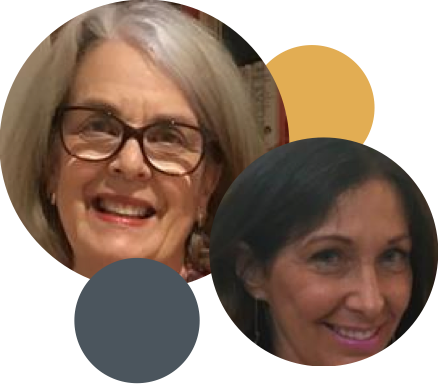 We are adopting educational practices that are backed by scientific research and led by preeminent researchers – like Pamela and Tanya – in the field of systematic phonics instruction, oral and written language, and the principles of how we learn most efficiently.
We are adopting educational practices that are backed by scientific research and led by preeminent researchers – like Pamela and Tanya – in the field of systematic phonics instruction, oral and written language, and the principles of how we learn most efficiently.
We are working to ensure that students at our school are provided with robust and systematic instruction when learning to read. This is complemented by a strong focus on building students’ oral language, vocabulary and general knowledge. Together with being able to decode and read words, oral language, vocabulary and general knowledge assist students with their reading comprehension.
Prep to Year 2
Systematic synthetic phonics – cracking the code
In Years Prep to Year 2 students are focused on learning to take the letters of the alphabet and match these letters to the various sounds of speech. This is an essential building block of learning to read well. Did you know there are 44 sounds in English, and more than 150 ways to read and write them?!
Students will bring home (and use at school) decodable readers. These books almost exclusively use words made up of sounds that students have been taught at school. Decodable books are used as practice and reinforcement. This ensures that students achieve high levels of success when doing home-reading practice.
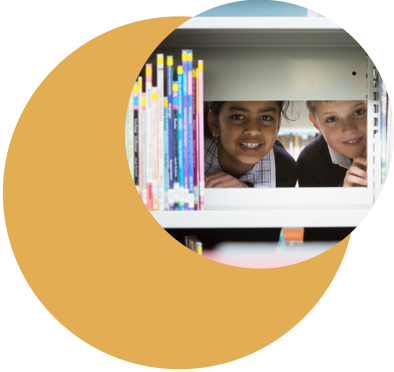 How do we assess?
How do we assess?
In Years Prep to Year 2 students are assessed using one or two of three important assessments. Firstly we make use of the assessment progressions in Little Learners Love Literacy, or a similar assessment in Get Reading Right. Both resources are based strongly on Synthetics Phonics and the Simple View of Reading (take a look below).
These assessments are closely linked to what students are being taught in the classroom and therefore, we are able to closely monitor your child’s reading progress
The analysis that we get from our assessments ensures we know where the gaps are and when students are ready to move ahead.
When students are learning how to decode, they are simultaneously learning a lot about how to spell.
In Year 1 we also introduce a Spelling Test. This assessment lets us know which sounds, blends and phonemes students are able to use in their writing.
The Simple View of Reading

Gough & Tunmer, 1986, Hoover & Gough, 1990
Essentially, the Simple View of Reading tells us that to be able to read for meaning, a learner has to be able to read the words on the page (decoding), as well as knowing what the words and word combinations mean (language comprehension).
The model does not suggest that learning to read is simple, rather that this testable model informs and supports the complexity of classroom practice with respect to decoding and language comprehension.
Year 3 to Year 6
As students move through the primary school years, reading, spelling and writing demands progressively increase. To support this, our teachers continue to expand students’ oral language skills and vocabulary as well as their background and conceptual knowledge about the world.
Oral language skills can be expanded in so many ways including understanding and using complex grammar, figurative language (e.g., humour, metaphors etc.) and increasingly more sophisticated vocabulary needing for academic purposes. Broader oral language skills, along with knowledge about the world feeds reading comprehension and writing
Student reading comprehension can be correlated with both the background knowledge of student learners, as well as vocabulary breadth and depth. Professor Jane Oakhill describes the interrelated nature of background knowledge and how it feeds reading comprehension, as well as being influenced by wide reading.
Learners at Charles La Trobe College have the opportunity to build their world knowledge in many different disciplines – science, mathematics, technology, the Arts, humanities and health. And we support this with a vibrant extra-curricula program and our close partnership with Quantum Victoria and La Trobe University.
Podcast by Professor Jane Oakhill
Into Secondary – from emerging to fluent, sophisticated & applied
As students take increasing responsibility for their own learning, including subject specialisation and gaining qualifications, our reading instruction changes to meet these needs.
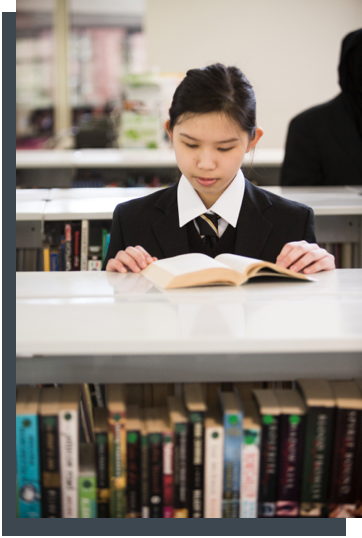 In the secondary school classrooms at the La Trobe Campus and at The Pavilion School you will find an increasingly sophisticated development of vocabulary banks for academic writing purposes and for discipline-specific subjects.
In the secondary school classrooms at the La Trobe Campus and at The Pavilion School you will find an increasingly sophisticated development of vocabulary banks for academic writing purposes and for discipline-specific subjects.
Our teachers teach students to understand and use increasingly complex grammatical and syntactical structures to meet the requirements of their assignments, assessments and exams.
You will observe the use of a wide range of what we call “rich texts”. These texts are introduced to students right across the curriculum and are characterised by being:
- Prominent – the text has a specific importance within its domain, or wider context – in society, in science, in the arts, etc.
- Authentic – the text contains information that can be of use in the real world outside of the classroom
- Relevant – the content of the text helps students relate their experiences, background and situation to the world as a whole.
- Aspirational – these rich texts create a desire in readers to discover more.
In our Secondary School years our teachers, and our teaching plans help ensure that diverse learners are able to see the complex demands of reading in each specific subject.
Reading is important in all subjects, and because our entire staff have worked through the Science of Language and Reading professional learning program, all of our teachers are able to support students with their reading – not just our English teachers.
Writing
When it comes to teaching writing, we use many of the principles of Science of Learning like we do with reading.
References:
Snow, P. (2020) SOLAR: The Science of Language and Reading, Child Language Teaching and Therapy 1–12. SAGE.
Lambert, S (Host). (2020, January 13) Deconstructing the Rope: An Introduction with Dr. Jane Oakhill (S3-01) [Audio podcast episode]. In Science of Reading: The Podcast. Amplify Education. https://podcasts.apple.com/au/podcast/science-of-reading-the-podcast/id1483513974?i=1000505266955
Gough, P. and Tunmer, W. (1986). Decoding, reading, and reading disability. Remedial and Special Education, 7, 6–10.

